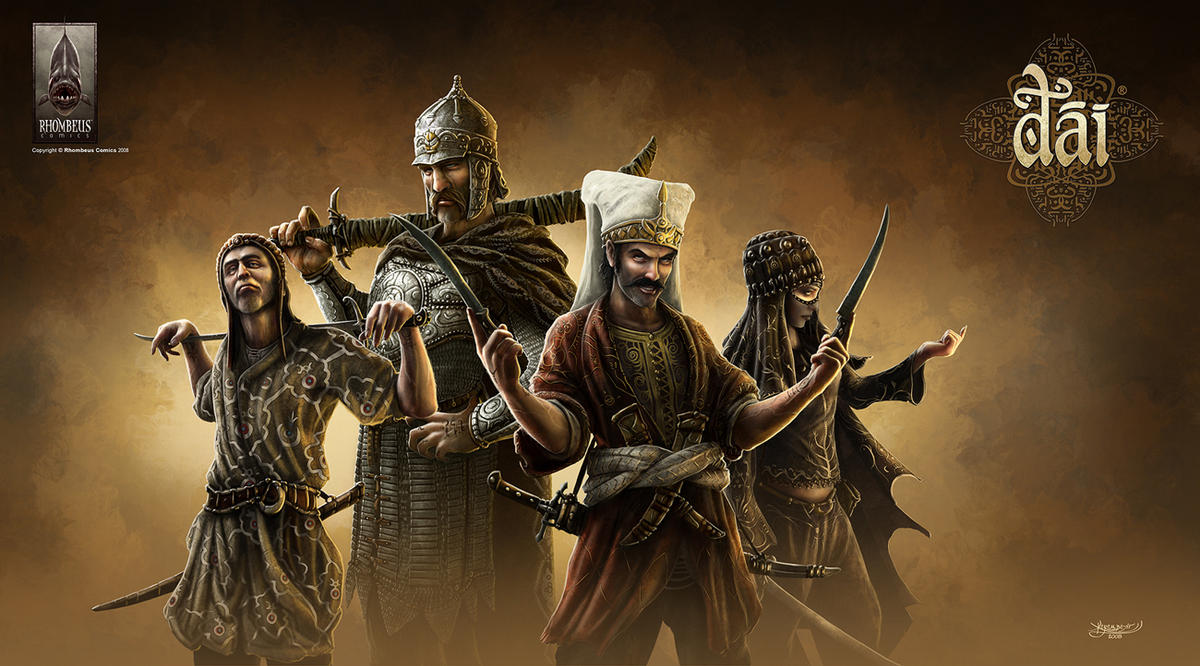Greek people and Greek culture existed continuously from ancient till modern time.
really??
welcome to the MTO
Macedonian people and Macedonian culture has existed continuously from ancient till modern time. In fact, Macedonian culture influenced the culture of all of its neighbouring people. The Macedonian language has also been existence in its current form for hundreds of years. Almost back to the time of our Macedonian king, Alexander the Great
really??
welcome to the MTO
Macedonian people and Macedonian culture has existed continuously from ancient till modern time. In fact, Macedonian culture influenced the culture of all of its neighbouring people. The Macedonian language has also been existence in its current form for hundreds of years. Almost back to the time of our Macedonian king, Alexander the Great


Comment